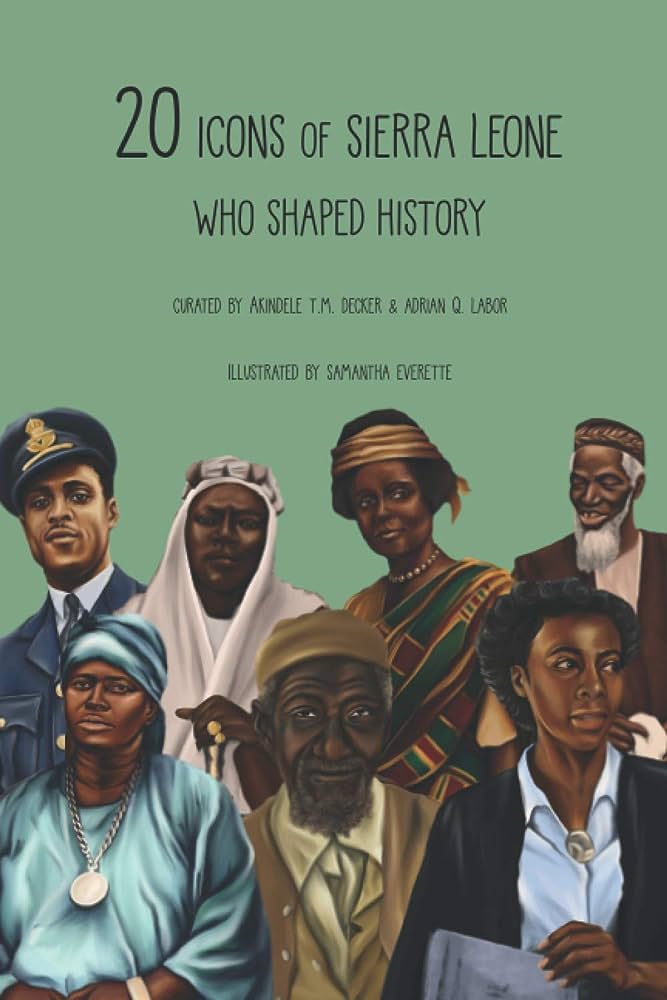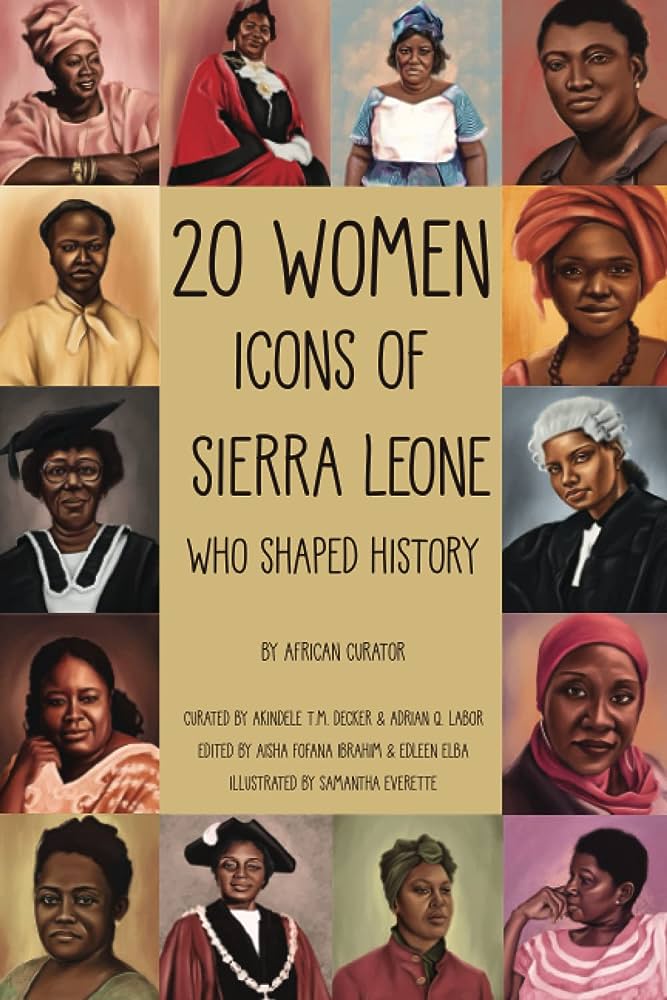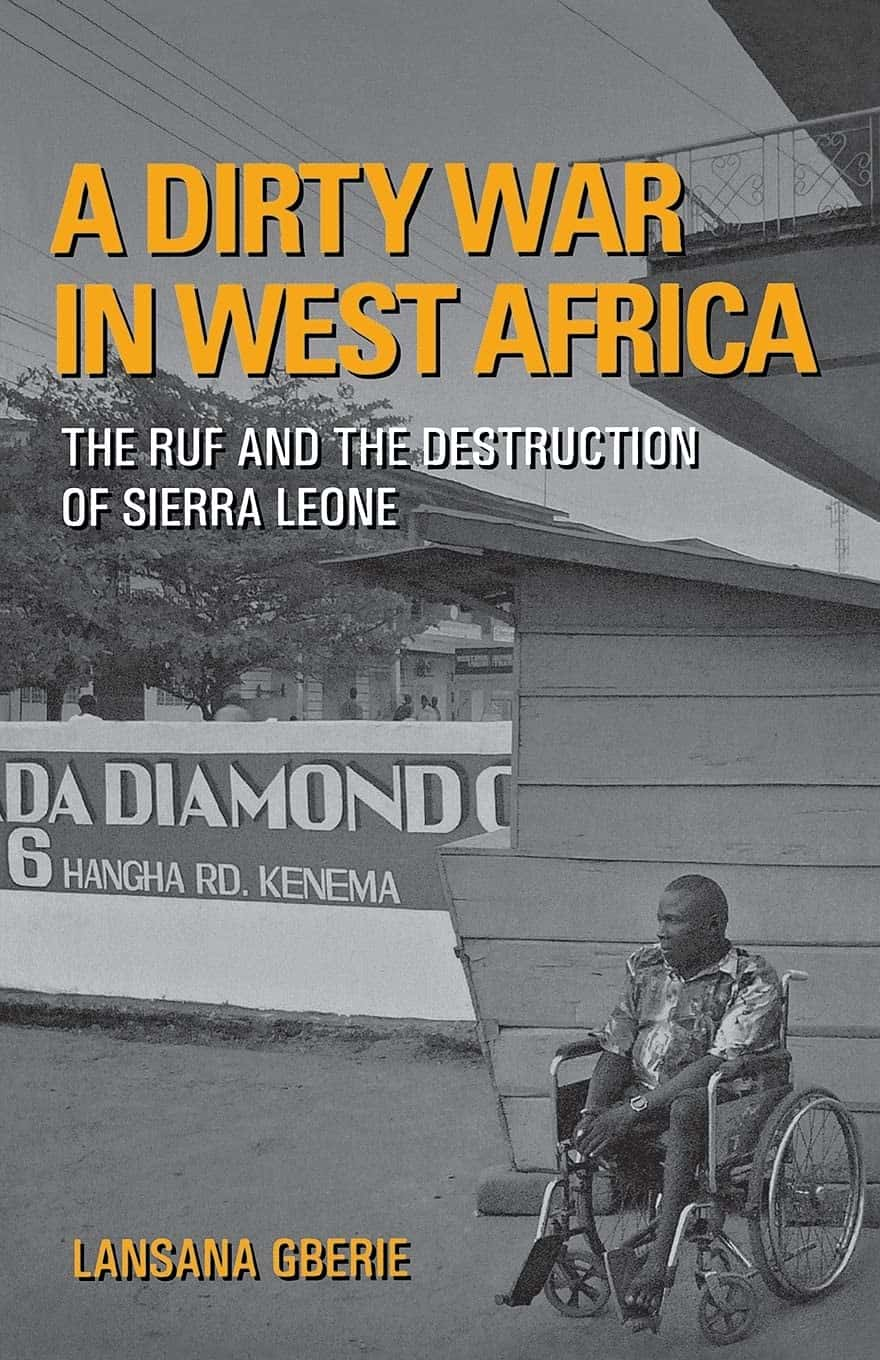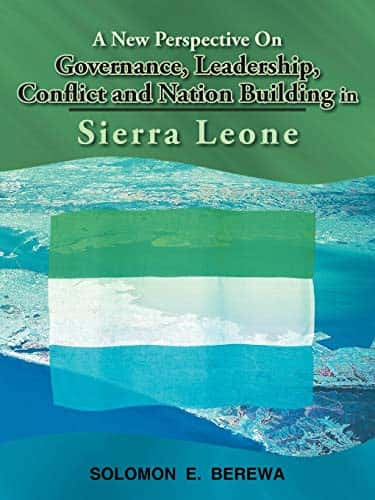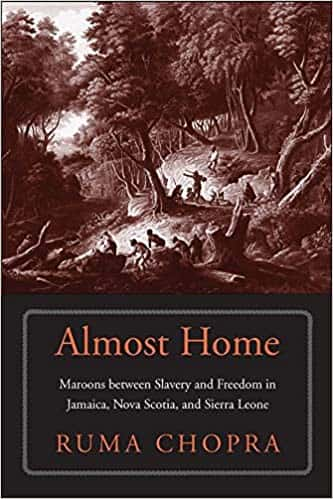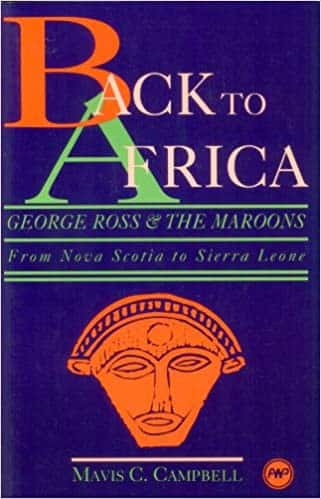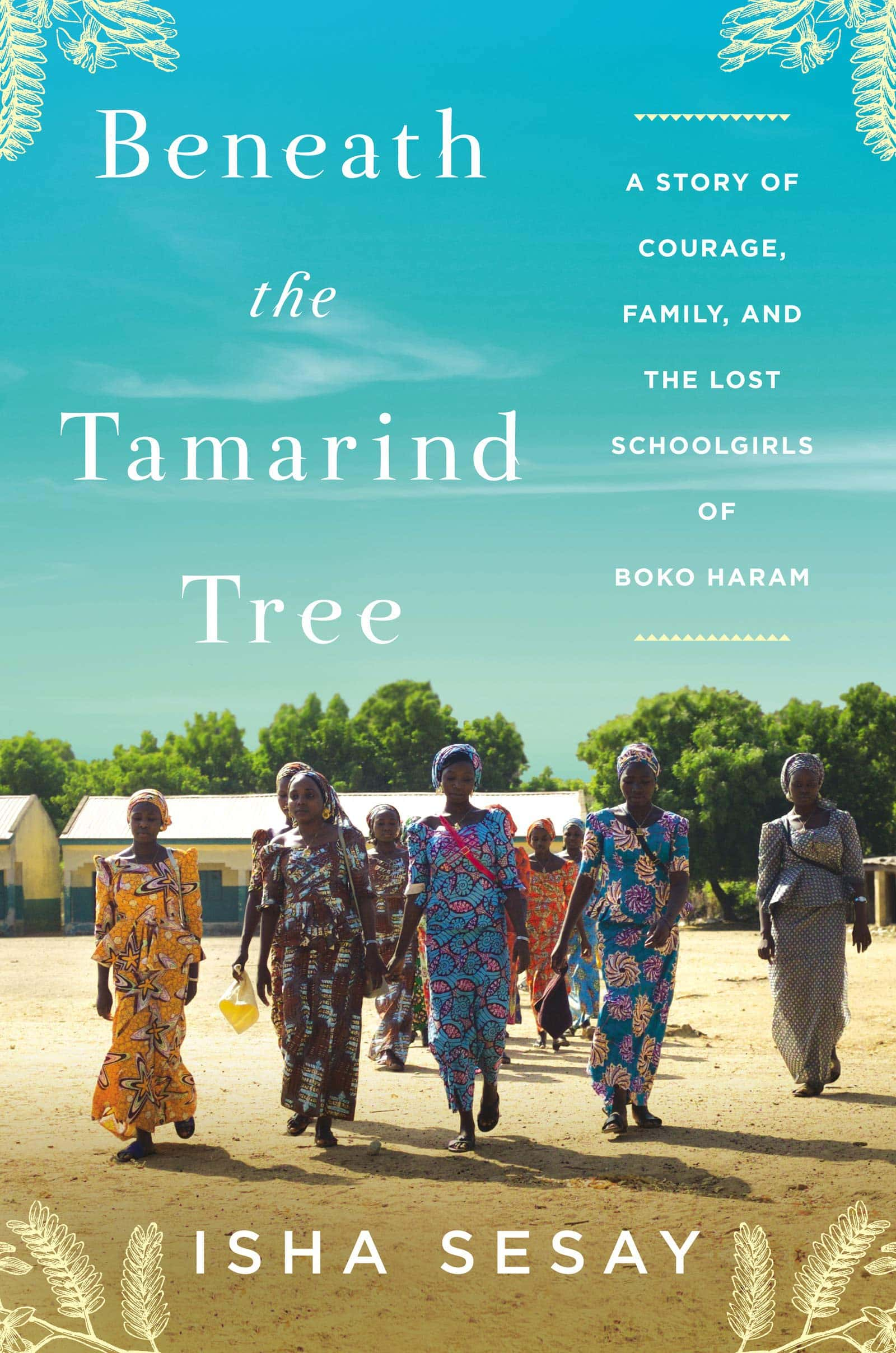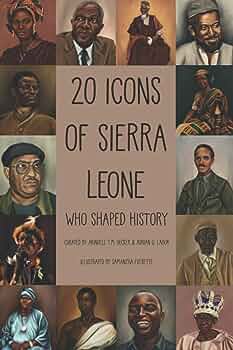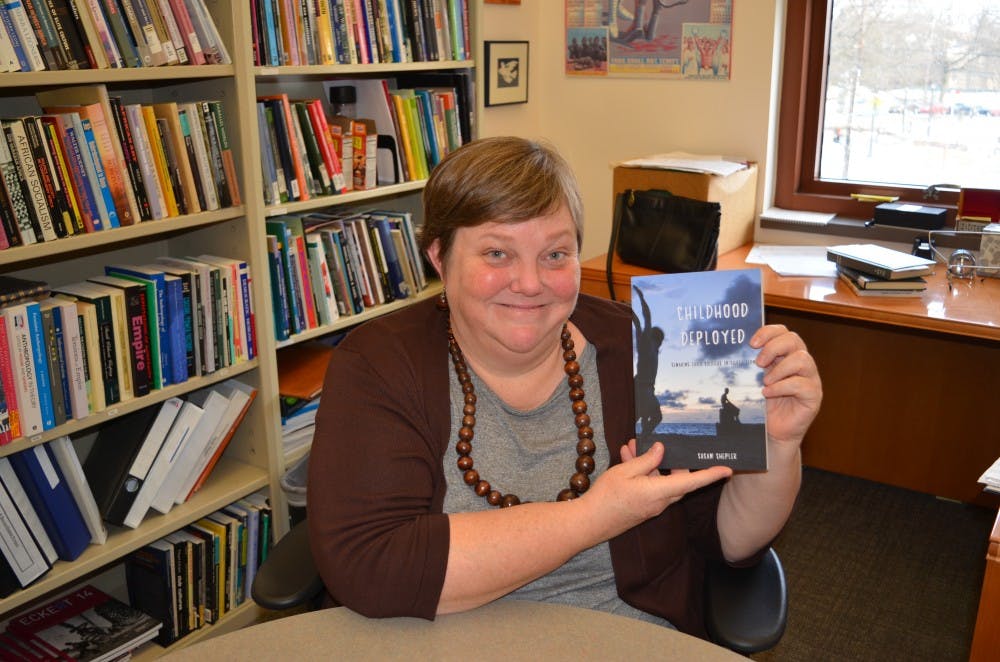

Childhood Deployed: Remaking Child Soldiers in Sierra Leone By Susan Shepler
|
|
History
Social Science
|
About Childhood Deployed: Remaking Child Soldiers in Sierra LeoneChildhood Deployed examines the reintegration of former child soldiers in Sierra Leone. Based on eighteen months of participant-observer ethnographic fieldwork and ten years of follow-up research, the book argues that there is a fundamental disconnect between the Western idea of the child soldier and the individual lived experiences of the child soldiers of Sierra Leone. Susan Shepler contends that the reintegration of former child soldiers is a political process having to do with changing notions of childhood as one of the central structures of society.
For most Westerners the tragedy of the idea of “child soldier” centers around perceptions of lost and violated innocence. In contrast, Shepler finds that for most Sierra Leoneans, the problem is not lost innocence but the horror of being separated from one’s family and the resulting generational break in youth education. Further, Shepler argues that Sierra Leonean former child soldiers find themselves forced to strategically perform (or refuse to perform) as the“child soldier” Western human rights initiatives expect in order to most effectively gain access to the resources available for their social reintegration. The strategies don’t always work―in some cases, Shepler finds, Western human rights initiatives do more harm than good. |
About Childhood Deployed: Remaking Child Soldiers in Sierra Leone
Childhood Deployed examines the reintegration of former child soldiers in Sierra Leone. Based on eighteen months of participant-observer ethnographic fieldwork and ten years of follow-up research, the book argues that there is a fundamental disconnect between the Western idea of the child soldier and the individual lived experiences of the child soldiers of Sierra Leone. Susan Shepler contends that the reintegration of former child soldiers is a political process having to do with changing notions of childhood as one of the central structures of society.
For most Westerners the tragedy of the idea of “child soldier” centers around perceptions of lost and violated innocence. In contrast, Shepler finds that for most Sierra Leoneans, the problem is not lost innocence but the horror of being separated from one’s family and the resulting generational break in youth education. Further, Shepler argues that Sierra Leonean former child soldiers find themselves forced to strategically perform (or refuse to perform) as the“child soldier” Western human rights initiatives expect in order to most effectively gain access to the resources available for their social reintegration. The strategies don’t always work―in some cases, Shepler finds, Western human rights initiatives do more harm than good.
For most Westerners the tragedy of the idea of “child soldier” centers around perceptions of lost and violated innocence. In contrast, Shepler finds that for most Sierra Leoneans, the problem is not lost innocence but the horror of being separated from one’s family and the resulting generational break in youth education. Further, Shepler argues that Sierra Leonean former child soldiers find themselves forced to strategically perform (or refuse to perform) as the“child soldier” Western human rights initiatives expect in order to most effectively gain access to the resources available for their social reintegration. The strategies don’t always work―in some cases, Shepler finds, Western human rights initiatives do more harm than good.

 Copyright @
Copyright @ 
